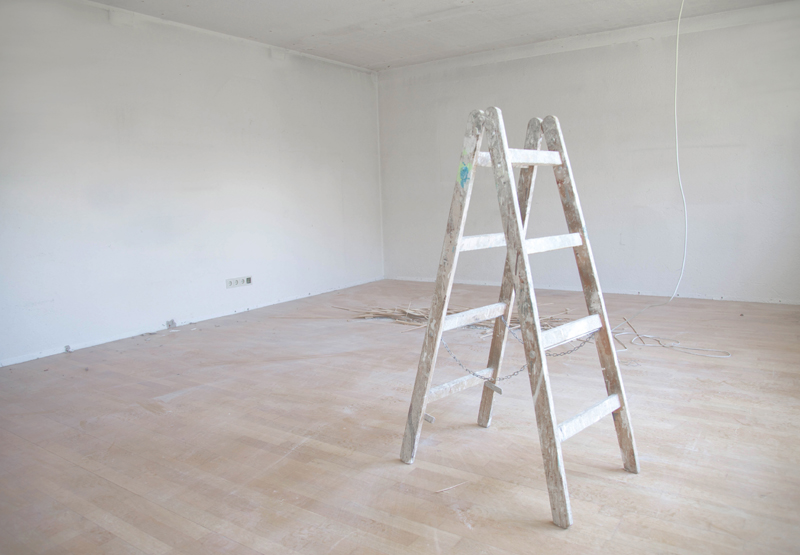
Following the launch of its new Professional Dust Extractor, Bosch explains why trade professionals need to do more to protect their greatest asset – their health.
Designed as an active integrated attachment for all Bosch GBH 18V-26 (F) Professional Rotary Hammer Drills, the GDE 18V-76 Professional Dust Extractor has been developed as part of a continuing drive by Bosch to minimise dust-related illness.
Dust assumptions
While asbestos is perhaps the most infamous dust hazard, tradespeople regularly come into contact with many other substances which can irreversibly damage their health and shorten their life. They include silica dust, for example, which is generated by cutting or drilling building materials such as slate, stone and brick. Crucially, Bosch warns, you must never assume that any kind of dust in the workplace is harmless.
Estimates from a Health and Safety Executive (HSE) report in 2016 suggested around 12,000 deaths in Britain each year resulted from respiratory diseases caused by past working conditions. These included chronic bronchitis, emphysema and other types of chronic obstructive pulmonary disease (COPD), as well as lung cancer, mesothelioma and pneumoconiosis.
Various allergic illnesses took smaller numbers of lives but nevertheless greatly affected workers’ quality of life. About 14,000 new cases were reported annually of breathing or lung problems caused or made worse by work. In total, around 141,000 people who had ever worked were now suffering in this way.
Different types
Inhalable dust, which is relatively easy to see, can damage your nose, mouth, throat and windpipe. Respirable dust, whose small particles are invisible to the naked eye, goes deeper into your lungs, and even beyond, to cause harm. Some dust trapped in the mucus of your respiratory system finds its way to your mouth, is swallowed, and may affect your gut or reach other organs through your bloodstream. Skin and eye contact with dust is another source of health problems.
The HSE stresses that dust masks and other personal protective equipment should be considered only as a last resort, when all other control measures have been exhausted. Where generation of dust is unavoidable, it should be extracted close to its source of emission.
Normally this is achieved by placing a vacuum cleaner hose end next to the drilling or cutting point – or, better still, attaching it to the power tool. Bosch has improved the convenience and effectiveness of dust extraction by making its new GDE 18 V-76 Professional Dust Extractor an integral part of the hammer drill in use. It simply slots into place on the tool whenever needed.
Driven by its own motor, which is powered by the drill’s battery, the active integrated dust extractor has an automatic power on/off function. When the drill trigger is pulled, the unit automatically activates. When it is released, extraction continues for a further two seconds to ensure optimal dust removal, before coming to a stop. The unit’s dust container features a HEPA filter which removes 99.97% of all dust particles larger than 0.3 micrometres. An inspection window shows how much dust has been collected, and both the container and filter are quick and easy to remove, clean and replace.
While economic considerations might seem trivial compared with your life and health, they do add weight to the argument for taking dust extraction seriously. A clean and tidy workplace keeps customers happy, and extracting the dust at source saves time on cleaning up afterwards.








